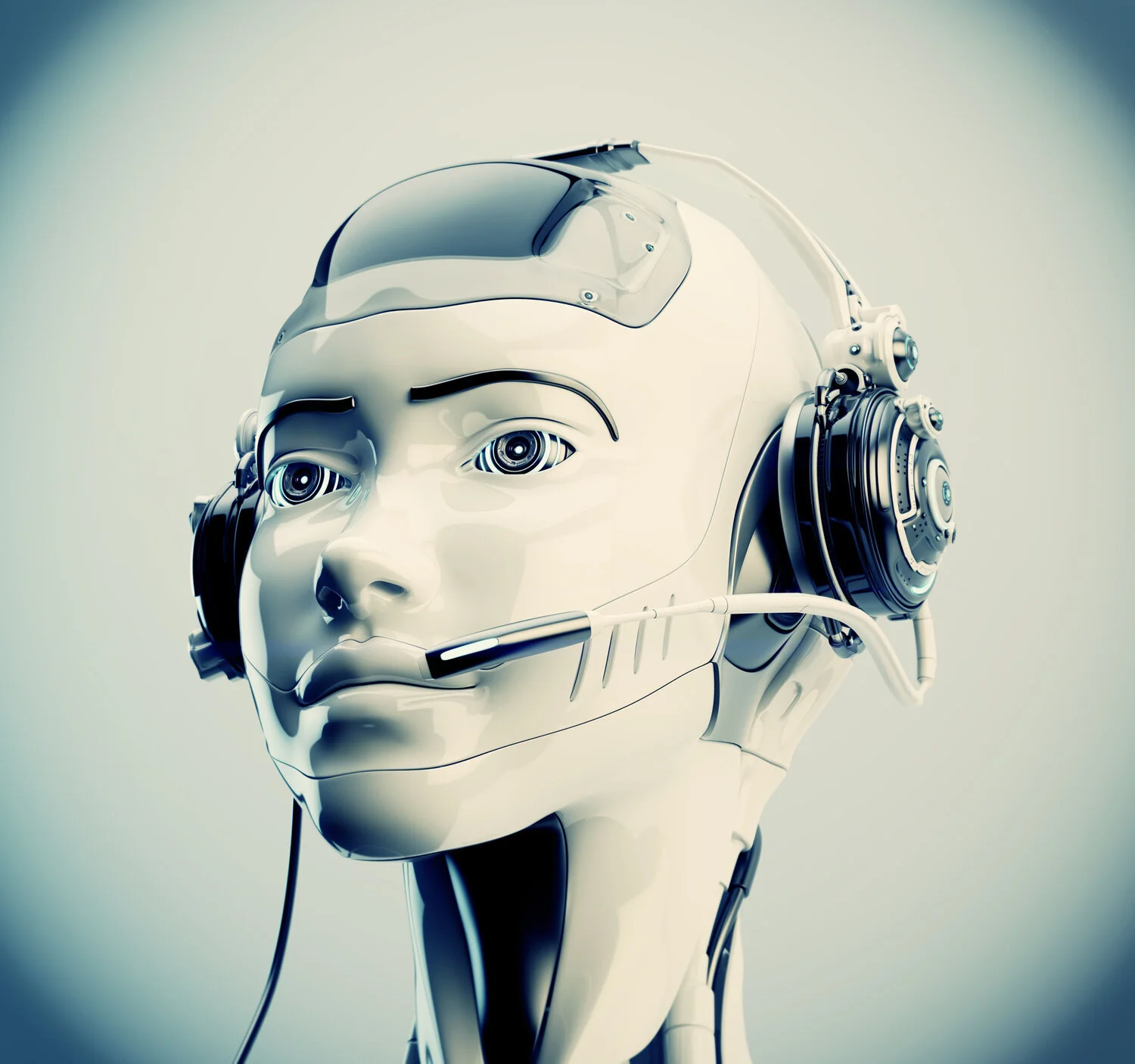by Suzan Slijpen & Mauritz Kop
This article has been published by the Stanford Law School ‘Center for Law and the Biosciences’, Stanford University, 15 March 2021. link to the full text: https://law.stanford.edu/2021/03/15/safeguards-for-accelerated-market-authorization-of-vaccines-in-europe/
The first COVID-19 vaccines have been approved
People around the globe are concerned about safety issues encircling the accelerated introduction of corona vaccines. In this article, we discuss the regulatory safeguards for fast-track market authorization of vaccines in Europe. In addition, we explain how the transmission of European Union law into national Member State legislation works. We then clarify what happens before a drug can be introduced into the European market. We conclude that governments should build bridges of mutual understanding between communities and increase trust in the safety of authorized vaccines across all population groups, using the right messengers.
Drug development normally takes several years
Drug development normally takes several years. The fact that it has been a few months now seems ridiculously short. How is the quality and integrity of the vaccine ensured? That people - on both sides of the Atlantic - are concerned about this is entirely understandable. How does one prevent citizens from being harmed by vaccines and medicines that do not work for everyone, because the admission procedures have been simplified too much?
The purpose of this article is to shed a little light upon the accelerated market authorization procedures on the European continent, with a focus on the situation in the Netherlands.
How a vaccine is introduced into the market
In June 2020, the Dutch government, in close cooperation with Germany, France and Italy, formed a Joint Negotiation Team which, under the watchful eye of the European Commission, has been negotiating with vaccine developers. Its objective: to conclude agreements with drug manufacturers at an early stage about the availability of vaccines for European countries. In case these manufacturers are to succeed in developing a successful vaccine for which the so-called Market Authorization (MA) is granted by EMA or CBG, this could lead to the availability of about 50 million vaccines (for the Netherlands alone).
Who is allowed to produce these vaccines?
Who is allowed to produce these vaccines? The Dutch Medicines Act is very clear about this. Only "market authorization holders" are allowed to manufacture medicines, including vaccines. These are parties that have gone through an extensive application procedure, who demonstrably have a solid pharmaceutical quality management system in place and have obtained a pharmaceutical manufacturing license (the MIA, short for Manufacturing and Importation Authorisation). This license is granted after assessment by the Health and Youth Care Inspectorate of the Ministry of Health, Welfare & Sport (IGJ) – by Farmatec. Farmatec is part of the CIBG, an implementing body of the Ministry of Health, Welfare and Sport (VWS). The M-license is mandatory for parties who prepare, or import medicines.
Read more at the Stanford Center for Law and the Biosciences!
Read more on manufacturing licenses, fast track procedures and market authorization by the European Medicines Agency (EMA) and the EC, harmonisation and unification of EU law, CE-markings, antigenic testing kits, mutations, reinfection, multivalent vaccines, mucosal immunity, Good Manufacturing Practices (GMP), pharmacovigilance, the HERA Incubator, clinical trials, compulsory vaccination regimes and continuous quality control at Stanford!
Meer lezen



